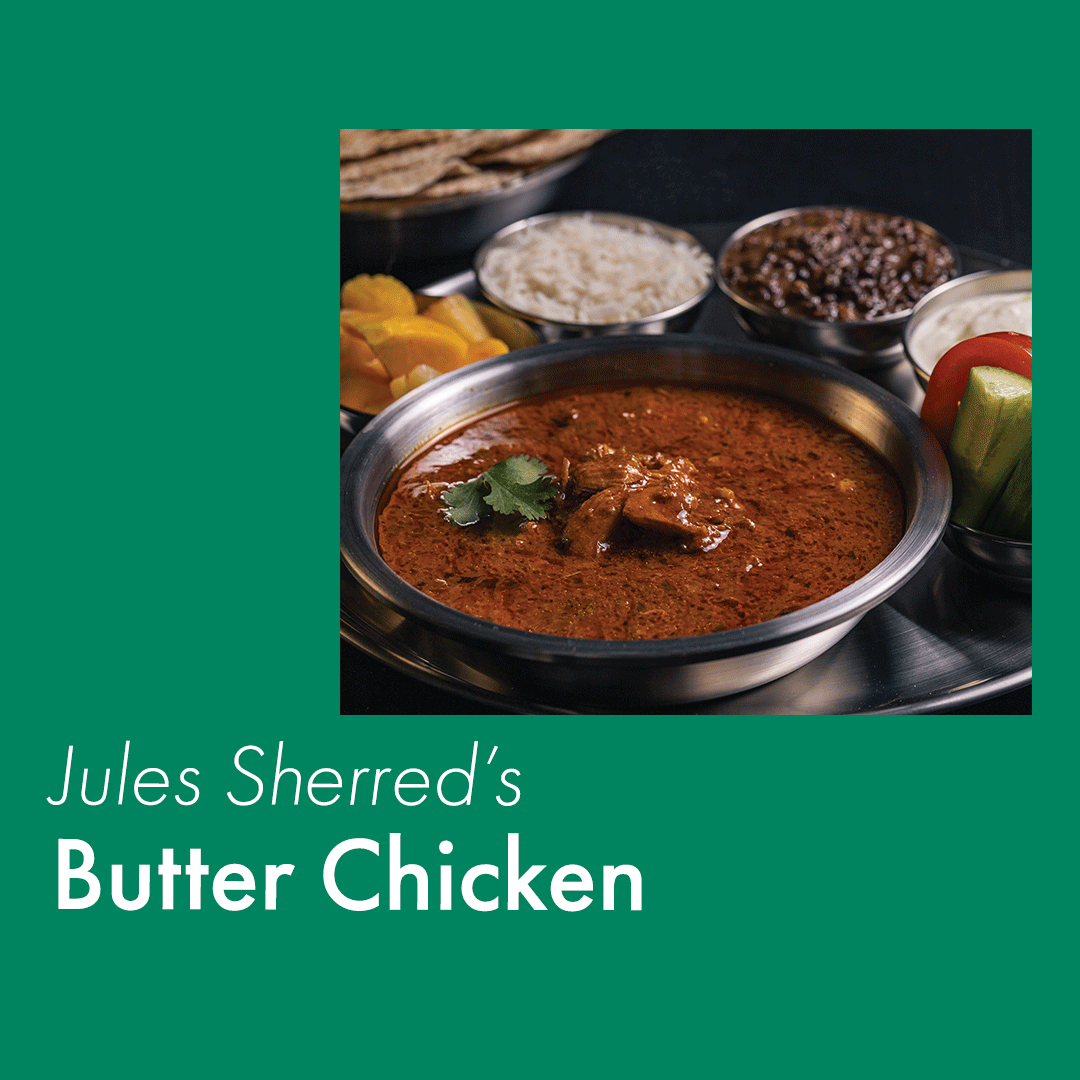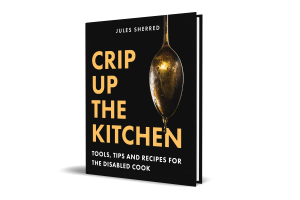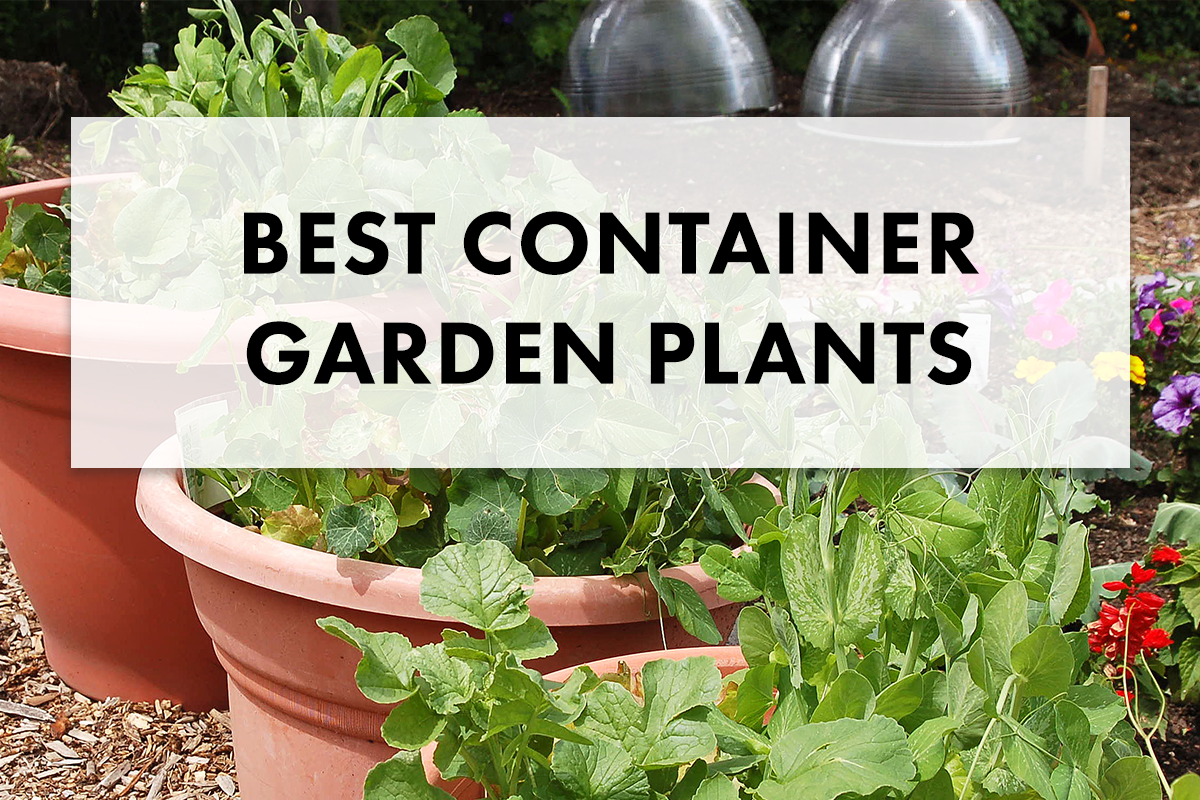Accessible Instant Pot Butter Chicken Recipe

As we celebrate #NationalAccessAbilityWeek, we are thrilled to join in the conversation by featuring a delicious recipe from trans and disability rights advocate Jules Sherred's new cookbook, Crip Up the Kitchen. In this post, we'll be sharing one of Jules Sherred's favourite recipes, guaranteed to tantalize your taste buds. Join us as we explore the wonderful flavours and inclusivity championed in the world of accessible cooking! Now over to Jules:
"Butter chicken is one of my comfort foods. To be more specific, Panjabi food is a comfort food. As a teenager I was taken in by a Sikh family, and I can’t live without Panjabi home cooking. However, I didn’t grow up on butter chicken, as the dish would be invented years after local Sikhs first immigrated to the Cowichan Valley. Butter chicken doesn’t originate in Panjab, though it is still Panjabi. The history of butter chicken is also a history of colonization; the dish was created to please Western palates.
"Butter chicken was invented by Kundan Lal Jaggi. He was born into a Panjabi Hindu family, in what was Hassal, Jhelum, British India, which would become Jhelum, Panjab, after the violent partition of Panjab and Pakistan. This partition has resulted in intergenerational trauma, the effects of which are still visible today, as Panjabi Sikh, Hindu, and Muslim people were driven out of their indigenous homelands. Jaggi’s story is one of these stories. The partition of India forced him to move to Delhi.
"It was in Delhi that, in the 1950s, he would invent butter chicken through a tradition common in homes around the world: throwing leftovers into a pot and seeing the result.
"Each of the Panjabi homes in my neighbourhood, including the Panjabi Sikh home I lived in for a time, had their own way of preparing a variety of curries, much like the origins of butter chicken. Each curry has a unique masala that was never measured out but made use of a base of common ingredients, adjusted based on smell.
"I’ve included this Butter Chicken recipe I developed to teach the basics of what a chicken curry can look like, to decolonize a dish that was the result of colonization, and to teach an erased history for a dish that white people think is ordinary yet is anything but—even if the way it came to be is common in many traditions."
BUTTER CHICKEN RECIPE
PREP: 10 minutes
MARINATE: 30 minutes (or up to 2 hours)
COOK: 10 minutes
NATURAL RELEASE: 10 minutes
TOTAL: 1 hour
CUISINE: Indian
HEAT INDEX: Mild
STORAGE: Freeze, or jar at 11 lb (76 kPa) of pressure for 75 minutes
SERVINGS: 6 x 1 ½ cups (375 mL) with ½ cup (125 mL) rice
CALORIES PER SERVING: 743 kcal
Gather Equipment:
- 6-quart (5.68 L) electric pressure cooker
- 3-quart (2.84 L) electric pressure cooker or rice cooker
- Measuring cups and spoons
- Cutting board
- Knife
- Can opener
- Mixing bowl
- Plastic wrap
- Food processor or food chopper attachment for your immersion blender
- Wooden spoon
- 2 tablespoons (30 mL) Ginger-Garlic Masala
- 2 tablespoons (30 mL) extra-virgin olive oil
- 2 teaspoons (10 mL) Garam Masala
- 2 teaspoons (10 mL) Thana Jeeroo
- 2 teaspoons (10 mL) salt
- 1½ teaspoons (7.5 mL) ground cayenne peppe
- 1½ teaspoons (7.5 mL) ground turmeric
- 900 g (2 lb) boneless skinless chicken thighs, cubed
- 398 mL (14 oz) can no-salt-added diced tomatoes, with liquid
- 1 medium yellow onion, chopped
- ½ cup (125 mL) water
- ½ cup (125 mL) unsalted butter, cubed
- 400 mL (14 oz) can full-fat coconut milk, stirred
- 156 mL (5.5 oz) can tomato paste
- ¼ cup (60 mL) chopped cilantro (optional)
- 1 teaspoon (5 mL) Garam Masala
- 1 tablespoon (15 mL) cornstarch
- ¼ cup (60 mL) water
- 1½ cups (375 mL) basmati rice, rinsed
- 1½ cups (375 mL) water
- 1 teaspoon (5 mL) salt
- In a bowl, mix the Ginger-Garlic Masala, the olive oil, the first amount of Garam Masala, and the Thana Jeeroo, salt, cayenne pepper, and turmeric.
- Add the chicken cubes and mix until thoroughly coated. Cover it with plastic wrap and let it marinate in the fridge for at least 30 minutes but preferably 2 hours. Tip: On prep days, prepare big batches of chicken tikka (marinated chicken) and freeze it in recipe-sized portions. You don’t need to defrost it on days you want a chicken curry. Simply add 5 minutes of time under pressure if cooking from frozen.
- When the marinade is done, add the tomatoes, onions, and first quantity of water to a blender. Purée.
- In a 6-quart (5.68 L) electric pressure cooker, add the purée and then mar.inated chicken. With a wooden spoon, spread out the chicken so that it makes an even layer.
- Place and seal the lid. Cook at High Pressure for 5 minutes.
- Natural-release pressure for 10 minutes, then quick-release any remaining pressure.
- Once the pressure has released, remove the lid and turn on to Sauté. Add the butter, coconut milk, tomato paste, cilantro (if using), and the second amount of Garam Masala. Let it boil for 5 minutes to thoroughly denature the butter. Stir it often so that it doesn’t burn.
- Mix the cornstarch with the second quantity of water. Add the mixture to the electric pressure cooker and stir for a couple of minutes until it thickens.
- In a 3-quart (2.84 L) electric pressure cooker, add the rice, water, and salt.
- Place and seal the lid. Set to High Pressure for 5 minutes.
- Natural-release pressure for 10 minutes, then quick-release any remaining pressure.

Recipe by Jules Sherred from Crip Up the Kitchen: Tools, Tips and Recipes for the Disabled Cook, copyright © 2023 by Jules Sherred.






